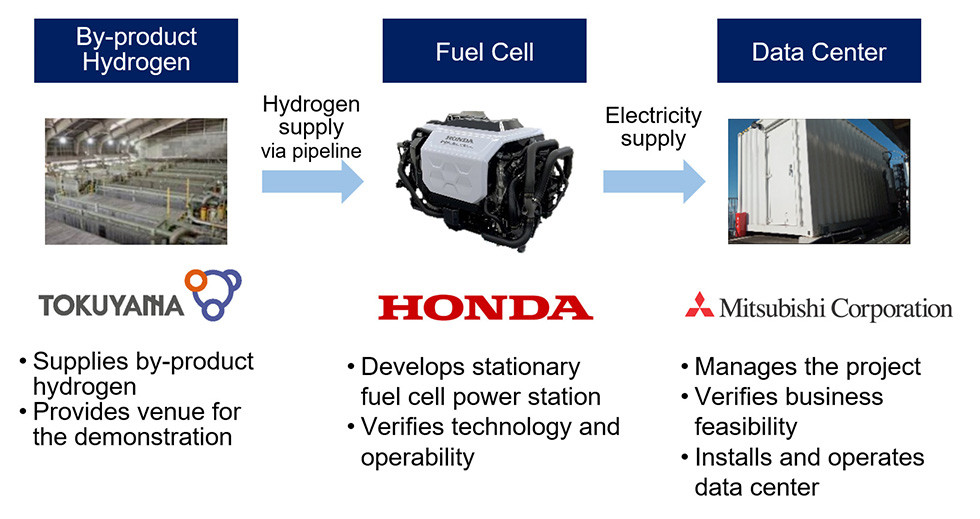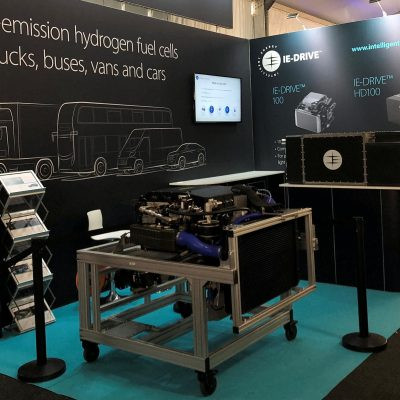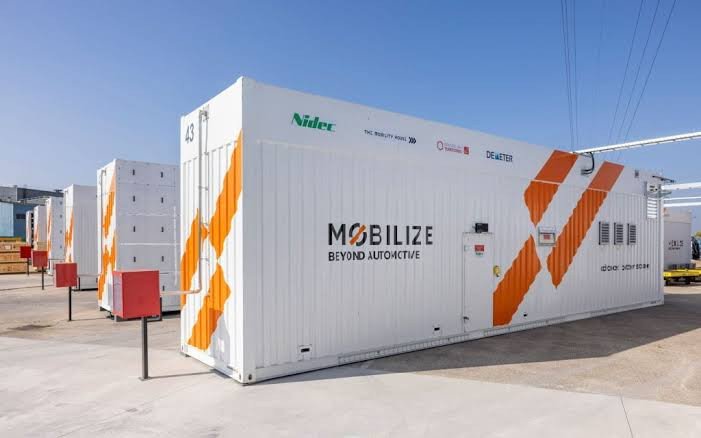GM-Honda JV starts production of hydrogen fuel cell power solutions
General Motors (GM) and Honda have announced the start of commercial production at Fuel Cell System Manufacturing LLC (FCSM), their equally-owned joint venture, large-scale production facility for fuel cells, located in Brownstown, Michigan.
Based on a joint investment of $85 million made by both the companies in 2017, the FCSM's 70,000-square-foot facility is now building advanced hydrogen power solutions, which will be used by both GM and Honda in various product applications and business ventures.
"This is a historic day for the industry as GM and Honda are the first full fuel cell system manufacturing joint venture to begin volume production of fuel cells for transportation and beyond," said Suheb Haq, President of FCSM.
"We begin the process with raw materials for membrane and electrode all the way through completed systems. Ongoing investment and commitment by both companies is driving our success at FCSM. This commitment aligns with our mission of making high quality, durable and affordable hydrogen fuel cell systems for a wide range of applications and customers", he noted.
Tetsuo Suzuki, Vice president of FCSM, commented, "We integrated the strengths of Honda and GM to create the most capable production system at this joint venture".
"We brought a mass production mindset with attention to detail and a focus on high quality, and now we are ready to meet the needs of the customers for the future applications of fuel cell technology and the beginning of the hydrogen era."

Honda, Tokuyama, Mitsubishi try effective reuse of fuel-cell systems from FCEVs
It is to be noted that Honda and GM engineers embarked on co-developing next-generation fuel cell system as early as 2013. In recent years, teams have advanced the system performances and enhanced its durability using corrosion-resistant materials and by improving low-temperature operation.
At present, the focus is on on lowering the development and manufacturing costs by leveraging economies of scale, advancing the cell design, simplifying supporting auxiliary equipment, utilizing common sourcing, and reducing the use of costly precious metals.
The company claims that the new fuel cell systems will be one-third less expensive to make when compared to the cost of the fuel cell system used in the 2019 Honda Clarity Fuel Cell car, with superior performance and reliability.
Moreover, FCSM is said to ensure high levels of quality and manufacturing productivity, thanks to its unique methods for automating membrane-electrode-assembly production and fuel cell stack assembly.
GM and Honda believe that hydrogen and fuel cell technology would play an crucial role in meeting a wide variety of zero-emissions energy and mobility needs in the coming decades. They are making strategic investment in their own ways.
Honda, for instance, recently put its hydrogen-powered 'Giga Fuel Cell' heavy-duty truck on test in Japan, co-developed with Isuzu Motors. The brand is also bringing new fuel cell cars and stationary fuel cell power systems, along with the development in hydrogen ecosystems in Japan.
GM, on the other hand, is marketing the fuel cell systems as 'HYDROTEC' power cubes that are scalable and flexible to power a variety of applications including industries, trucking, aerospace, locomotives, and power generation.





















